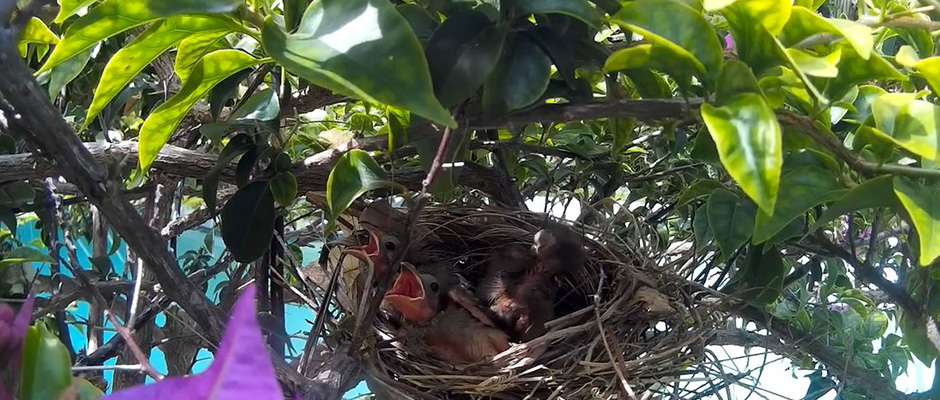All about the habits of a mating bird
Birds are one of the most commonly found birds in the United States. They truly seem to be everywhere, especially if you are a person who is living in a large metropolitan area. It doesn't seem that you are able to open up your window, walk across a park, or even sit at a restaurant without having pigeons swooping around you somewhere or another. They truly are abundant!
Because of how common it is for you to see pigeons, the last thing you may be wondering is how these animals mate and breed. Despite that, were going give you a little information about what the pigeon's mating habits are.

First of all, it is important to understand that birds are a monogamous animal. What this means is that once the male and female have found each other, they will likely breed over several consecutive seasons, which could last up to six or seven years, even more. These birds will live in pairs, and fly and travel continuously together.
This monogamous relationship is ideal for breeding, and ensures that they will continually mate as long as the partner is available. It is extremely uncommon for a pigeon to choose another mate after several seasons together. It may happen within the first year or two, but after that it is extremely unlikely.
A pair of birds may actually have several different broods in one year. It is quite common for the mates to have as many as four or five broods in a single year. This is really dependent upon the duration of warm weather is in the environment that they are living in as well as the abundance of food available to them. If the pigeons are finding the conditions quite amenable to them because warm weather has extended and there is more food available, then it is quite common to see the mother pigeon have as many as five broods in one year.
What this means is that breeding conditions will last for as long as the climate allows. As long as it is warm out and the mother would be able to care for and raise the babies so that they would be able to get out and fend for themselves after they had reached a level of maturity, then she will continue to have a nest of eggs.
It should be noted, however, that female birds will still have eggs during the winter months. It is not as common, and in some areas is unlikely, but it is still a possibility. This is based primarily on their ability to find a good nesting area as well as to still be able to get food.
In a single brood there can be as many as 10 eggs that are laid. However, the common amount that is normally seen is somewhere between five and eight.
Most pigeons will begin to start their own family within a short period of time after they have reached a level of maturity where they are able to go out on their own.
Visit our Pro bird control home page to learn more about us.

